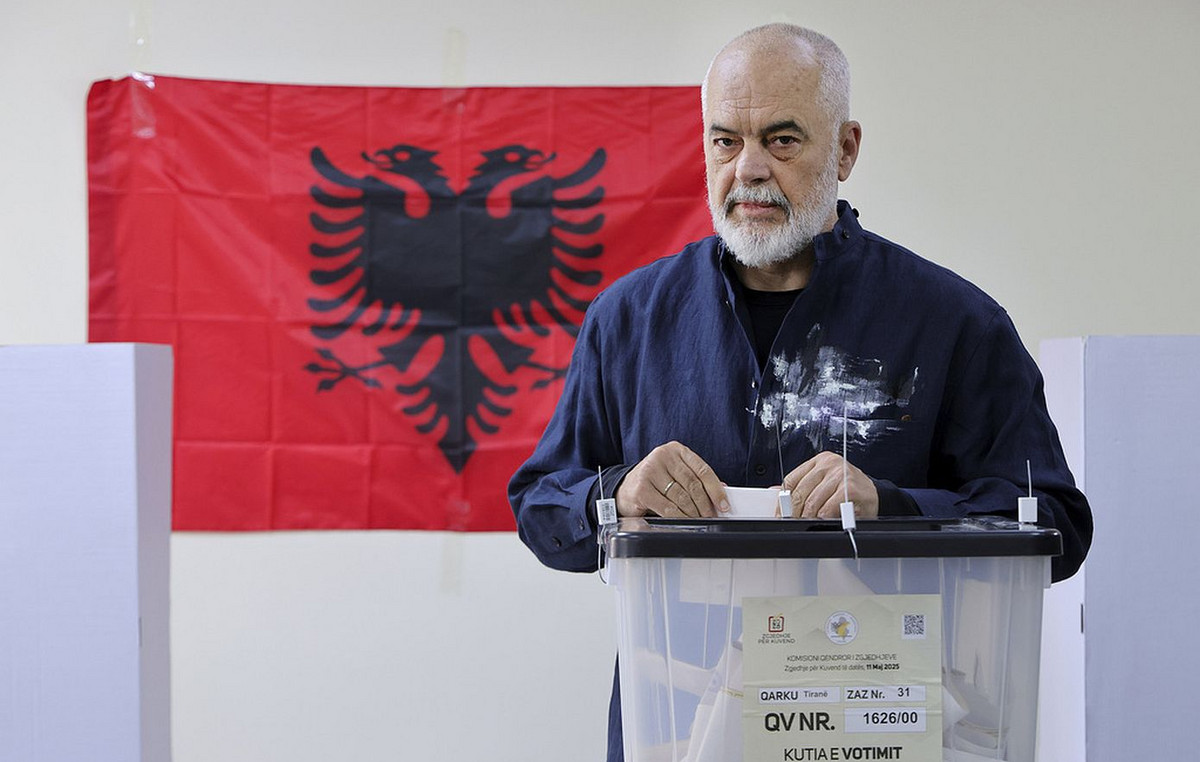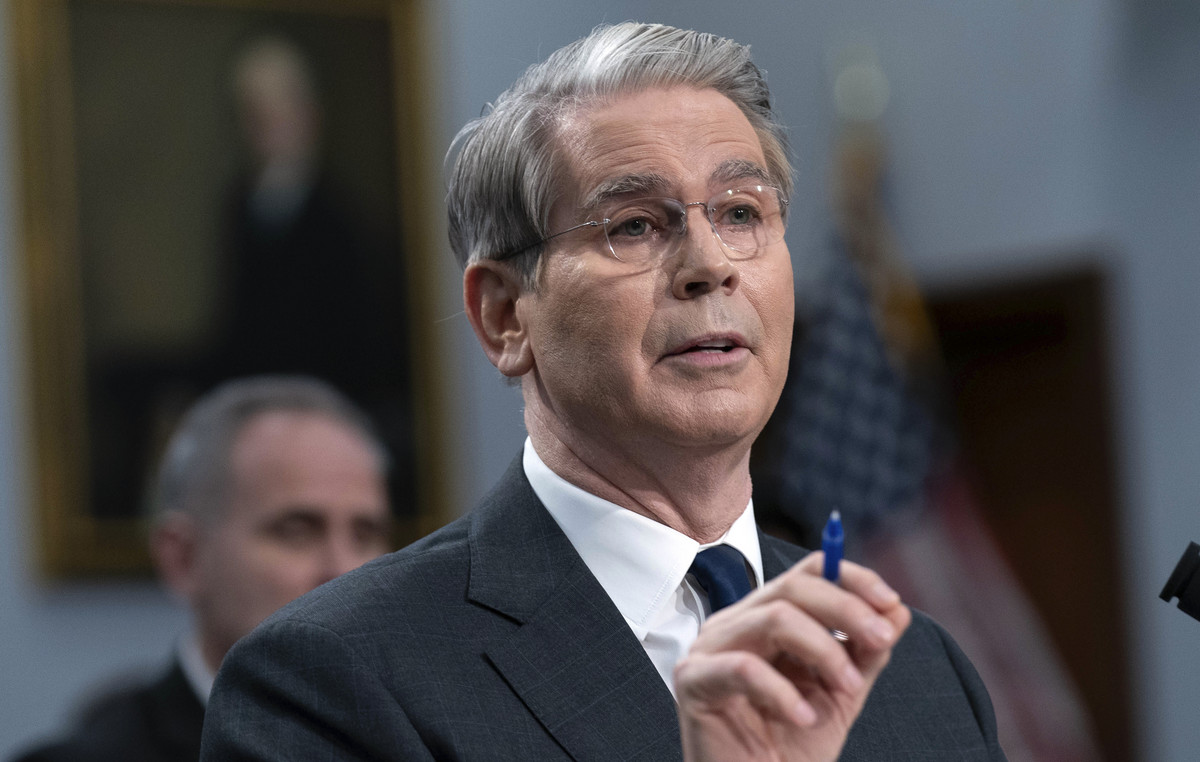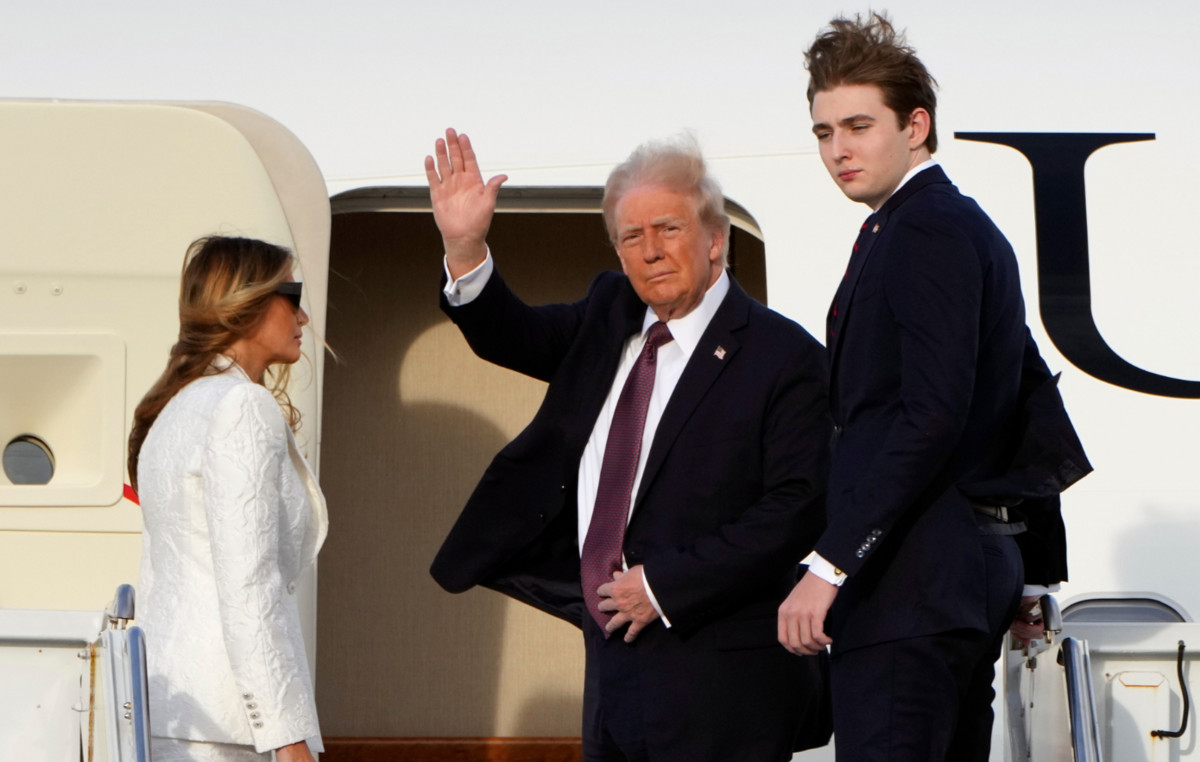Poland, Hungary and Slovakia will defy the European Union and have decided to extend the ban imposed on cereal imports from Ukraine, a move that could anger the bloc’s leadership.
On Friday (15), the EU announced plans to lift this ban on Ukrainian commodities for a selected number of Eastern European countries.
The temporary measure adopted in May banned imports of Ukrainian wheat, corn, canola and sunflower seeds to Bulgaria, Hungary, Poland, Romania and Slovakia, to avoid the risk of farmers in these countries being harmed by a bottleneck. of very cheap Ukrainian grain.
Ukraine is a major grain supplier and has depended on its neighbors to ship its exports, although it has been unable to use Black Sea routes.
Although Ukraine’s leader Volodymyr Zelensky approved Friday’s news, Polish Prime Minister Mateusz Morawiecki was unhappy with the EU’s decision.
“We will extend this ban despite the disagreement with the European Union,” Prime Minister Morawiecki said, according to Polish state news agency PAP.
“We will not listen to Berlin, von der Leyen, Tusk or Weber. We will do this because it is in the interests of the Polish farmer,” Morawiecki continued, referring to EU leaders.
Later, Polish government spokesman Piotr Muller announced the government’s plan to immediately introduce a regulation extending the ban on imports of Ukrainian cereals, stressing that the measure will be taken in the “interests of Polish farmers and consumers ”.
Hungary also chose to maintain the ban, with the country’s Prime Minister, Viktor Orban, announcing on “X”, formerly Twitter, his plans to “take matters into our own hands”.
“Ukrainian agricultural products destined for Africa are filling Central European markets. Bureaucrats in Brussels are turning a blind eye to the problems of European farmers once again, which is why Hungary, Poland and Slovakia are extending the ban on imports nationwide,” Orban stressed.
The Slovak Ministry of Agriculture announced its decision to extend the ban in a Facebook post on Friday, citing the need to safeguard Slovakia’s “internal market”.
The decision by the three countries could anger EU authorities.
On Friday, European Commission Executive Vice-President Valdis Dombrovskis called on countries to “work along the lines” of the new agreement and “refrain from unilateral measures” on Ukrainian cereal imports.
See also: Ukraine uses replica weapons to draw fire from Russia
data-youtube-width=”500px” data-youtube-height=”281px” data-youtube-ui=”international” data-youtube-play=”” data-youtube-mute=”0″ data-youtube-id= “jna6J7JR2Rk”
Source: CNN Brasil
Bruce Belcher is a seasoned author with over 5 years of experience in world news. He writes for online news websites and provides in-depth analysis on the world stock market. Bruce is known for his insightful perspectives and commitment to keeping the public informed.







